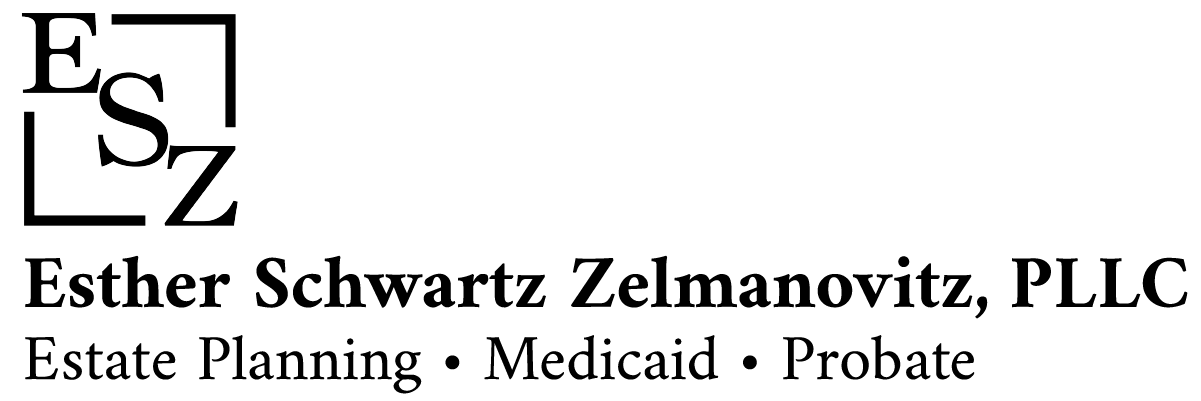An old fashion approach to estate planning with a disabled child was to disinherit the child and leave the estate to the other child(ren) who would then “take care of” their sibling.
Time and experiences have exposed the pitfalls and dangers of such planning. Even with the most trustworthy siblings and the best of intentions, the siblings cannot have full control over what the future brings.
Here’s a demonstration of how things can turn out very differently than intended:
Bernard has four children: Borris, Barry, Bob, and Barbara. Barbara has developmental disabilities and receives public benefits. Bernard recognizes that Barbara wouldn’t be able to manage her own inheritance so he prepares a will disinheriting Barbara, leaving everything to Borris, Barry, and Bob with informal instructions to his sons to take care of their sister Barbara for the rest of their lives. The boys love Barbara and have every intention of following their father’s instructions.
After Bernard’s death, his estate is distributed to Borris, Barry, and Bob in accordance with the will, who each put their inheritance funds in their personal bank accounts. The brothers take excellent care of their sister Barbara, paying for all her needs and even more. Everything is going well.
A few years later, Borris dies suddenly, and his estate is left to his wife. Borris’s wife does not feel the same obligation to use her money to care for her sister-in-law. Barry unfortunately gets divorced, and as he deposited the inherited money in a joint account, his ex-wife receives half of the inheritance, even though a substantial amount was informally earmarked for Barbara’s care. Due to the divorce, and unemployment, Barry has trouble paying his own bills and certainly can no longer provide for Barbara financially. Bob is the defendant in a major lawsuit and now has a judgment against him jeopardizing the money earmarked for Barbara.
Bernard and his sons all meant well, but circumstances beyond their control put Barbara’s continued financial security in jeopardy.
The safer and smarter alternative would have been to specifically provide for Barbara in a manner that the inheritance would be managed properly and available to her, regardless of what could happen to her brothers.
Questions about special needs planning? Read our FAQs.
The most straightforward and practical way for a parent to provide for a child with special needs would be the use of a supplemental needs trust in their planning. The child that has special needs would not receive an outright inheritance, but the parent could direct the child’s inheritance to be held by a trustee who would then administer that child’s inheritance according to terms that would allow the child to have uninterrupted government services and also have funds to be used for any of the child’s needs or wants that are not covered by the services he or she is receiving. The parent can designate a trustee to manage the trust, and successor trustees. If there is ever a time that the trustee can no longer serve (dies, becomes incapacitated, or any other reason), or the trustee experiences other personal life circumstances, the money would not be at risk, and someone else would be able to step in to continue managing the child’s inheritance.
There are many correct ways to set this up making the parent feel most comfortable and providing the parent, the child, and all the other children with peace of mind. But one definite wrong way is to do nothing at all.
